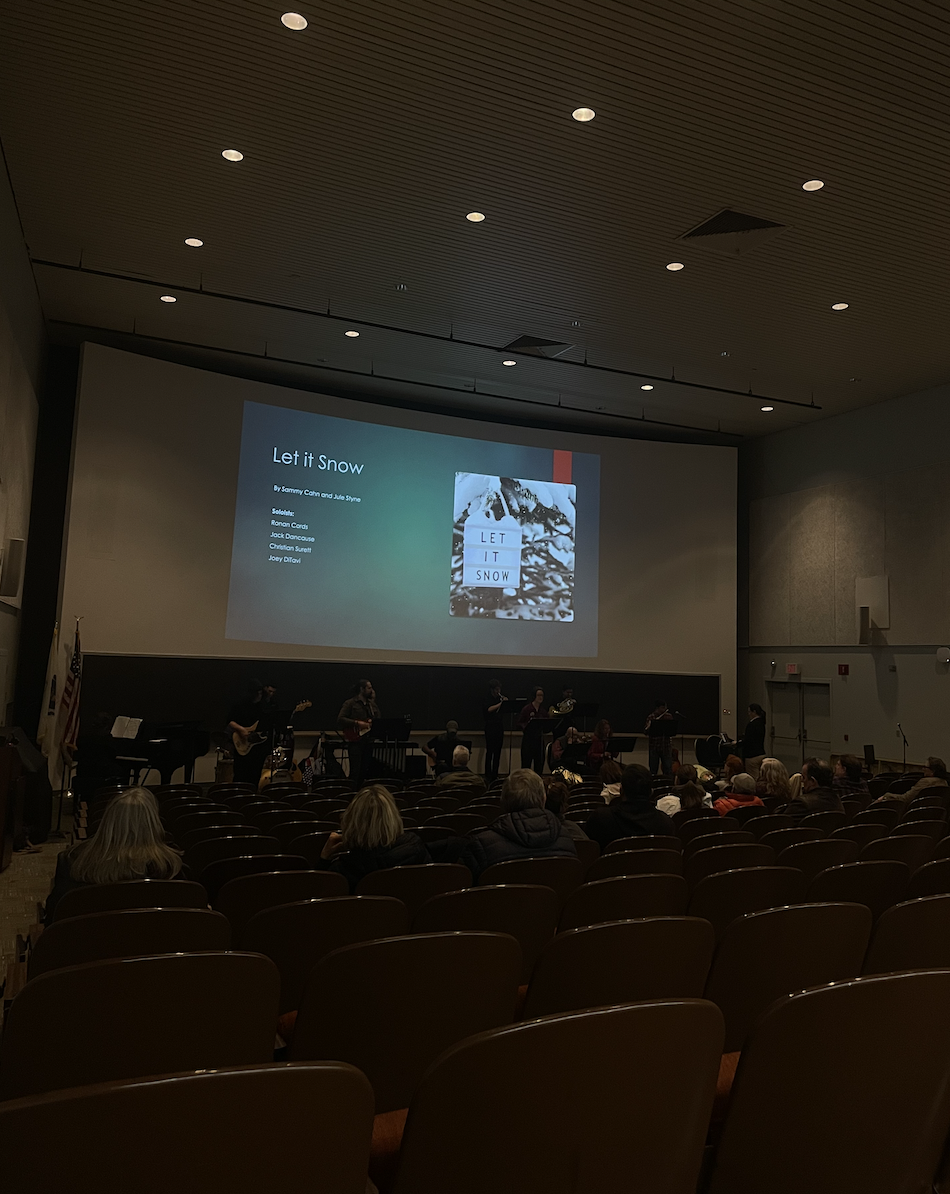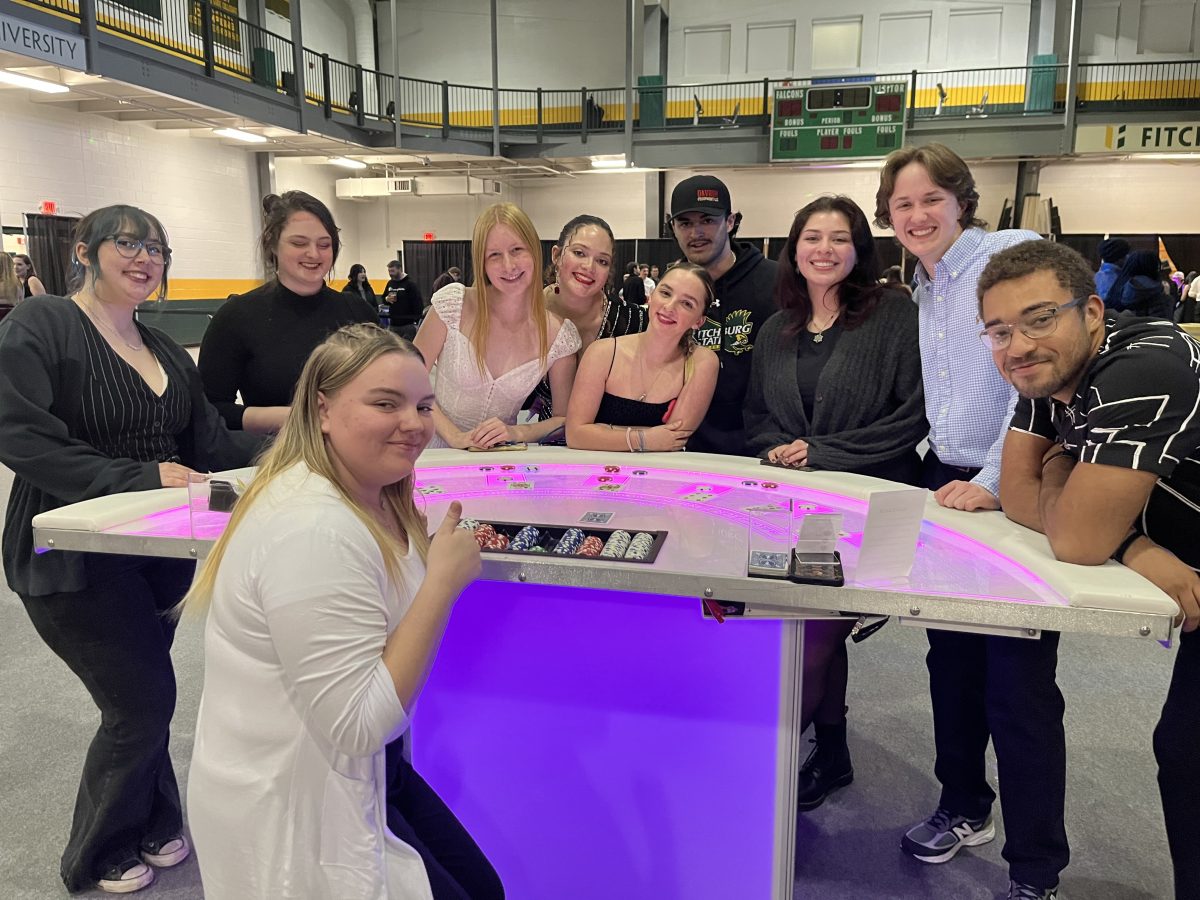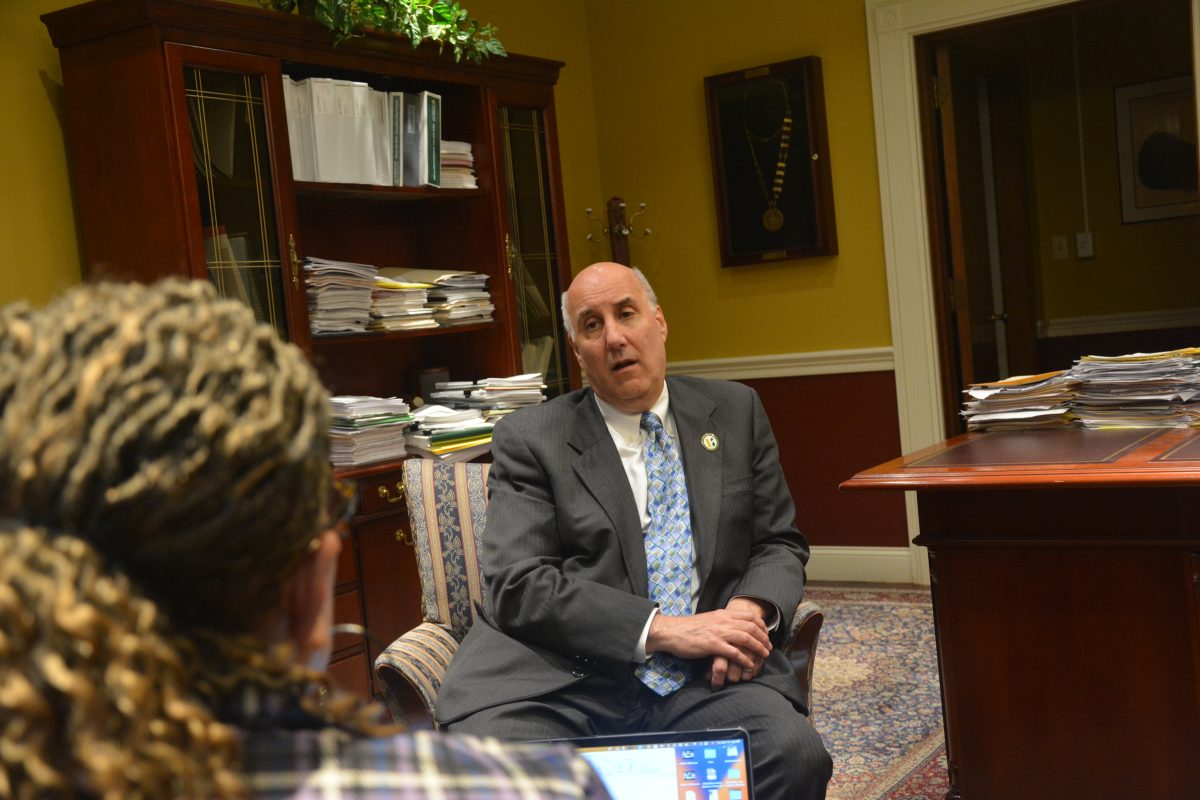Fitchburg State’s business department is gearing up for changes not only to the department, but ones that could affect the campus as well. Business Department Chairman and professor, Diane Caggiano, revealed that they are in the process of developing a new entrepreneurship minor for both the business students and the rest of campus. “It’s something we wanted to do as a department. The administration are more than supportive of the idea,” Caggiano said.
Classes would revolve around how to write a business plan, the financing of business, as well as a course focused particularly on entrepreneurship. “They would have the basic tools to write a business plan and start their own business,” she said.
In terms of reaching out to the rest of the campus, Caggiano believes that many students outside of the business department would benefit from learning these skills. “We think it’s important to offer this to the entire campus community. There are people interested in creating their own jobs,” she said. “You could say that about all disciplines.”
Professor Mike Greenwood was also supportive of the idea that the minor be open to the campus. “People naturally think of entrepreneurship as a business topic and that’s not always true,” he said. “It’s designed for students of all backgrounds because that’s where entrepreneurship comes from.”
Greenwood also expressed that the spirit of entrepreneurship derives from a “pragmatic act of starting a business,” but its also an ethos. “The ethos of an entrepreneur is risk-taking, problem-solving, critical thinking, and vision. A minor in entrepreneurship has a goal to exemplify and feed these notions, this is what makes it exciting for all students,” he said.
The department is also in the process of updating the curriculum to meet the current business demands, including approval of a new course in E-commerce in the fall semester, taught by Audrey Pereira. Pereira, who describes E-commerce as new business conducted over the Internet, asked to teach this course after observing how much the field has grown over the years. “It’s brought a lot of change to business and consumer behavior. Now it’s a platform for new media,” she said.
Pereira stated that E-Commerce is built from three major components of technology, business, and social, all of which students will gain an understanding of through this course.
Students will also gain skills in analyzing the social and legal context of E-Commerce, recognizing the fundamental business issues of E-Commerce, and will be able to demonstrate an understanding of the various E-Commerce sectors, including online media, among a myriad of other topics. “They need to understand the relationship between technological and business forces and social and legal aspects of E-Commerce to become better business leaders,” said Pereira.
While excited about teaching this material, Pereira also believes that students will gain the required skills to become successful in E-Commerce. “It will provide them with a background that will allow them to take advantage of the evolving opportunities in E-Commerce,” she said.







